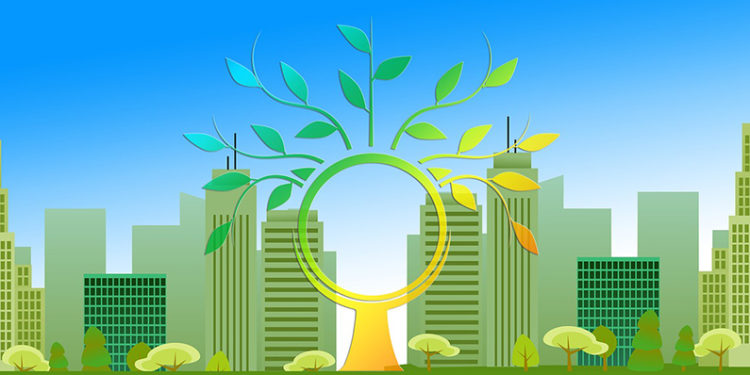The real estate industry is undergoing continuous transformation as sustainability becomes a crucial concern. With climate change and environmental degradation posing significant global challenges energy efficiency in real estate has emerged as critical aspect of sustainable development.
There’s a growing focus on reducing environmental impact and lowering operational costs brought about by energy use in real estate. Here are some of the most innovative practices that are gaining traction in the sector:
Smart building technology
Smart technologies are automated systems using sensors and machine learning to automatically optimize energy use. They can adjust lighting, heating, ventilation, and air conditioning (HVAC) based on occupancy, weather conditions, and even sunlight levels. Building owners can track energy consumption in real time, allowing them to identify areas of waste and make targeted improvements. The Edge building in Amsterdam, Netherlands is an example of a building leveraging smart technology to facilitate operational efficiency and sustainability.
Renewable Energy Integration
Incorporating renewable energy sources, such as solar panels and wind turbines, into building designs can drastically reduce reliance on non-renewable energy. Net-zero energy buildings, which produce as much energy as they consume, are becoming increasingly feasible with advancements in renewable energy technologies.
Sustainable Urban Planning
Beyond individual buildings, sustainable urban planning involves designing neighborhoods and communities that promote energy efficiency. This includes creating walkable communities, enhancing public transportation, and developing green spaces that contribute to overall environmental sustainability.
Sustainable Design and Construction
This approach takes advantage of natural elements like sunlight, wind, and vegetation to create comfortable indoor environments while minimizing the need for mechanical heating and cooling. Innovations in insulation, windows, and roofing materials can significantly reduce energy loss from buildings significantly lowering operational costs.
Energy efficiency in real estate is a key aspect of sustainable development, offering substantial environmental, economic, and social benefits. As the industry continues to innovate and adopt advanced energy-efficient practices, the vision of a more sustainable, energy-efficient built environment becomes increasingly attainable.
By embracing these practices, the real estate sector can play a pivotal role in addressing global sustainability challenges, creating a better future for generations to come.
















